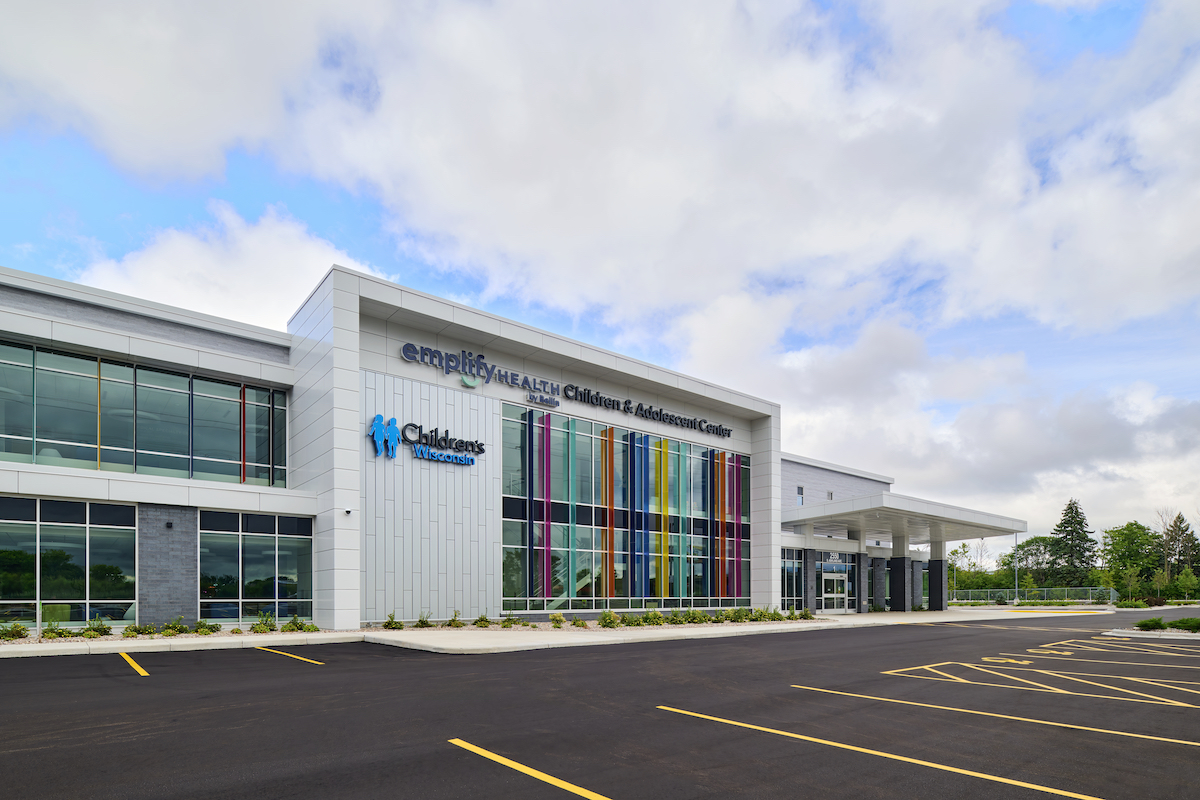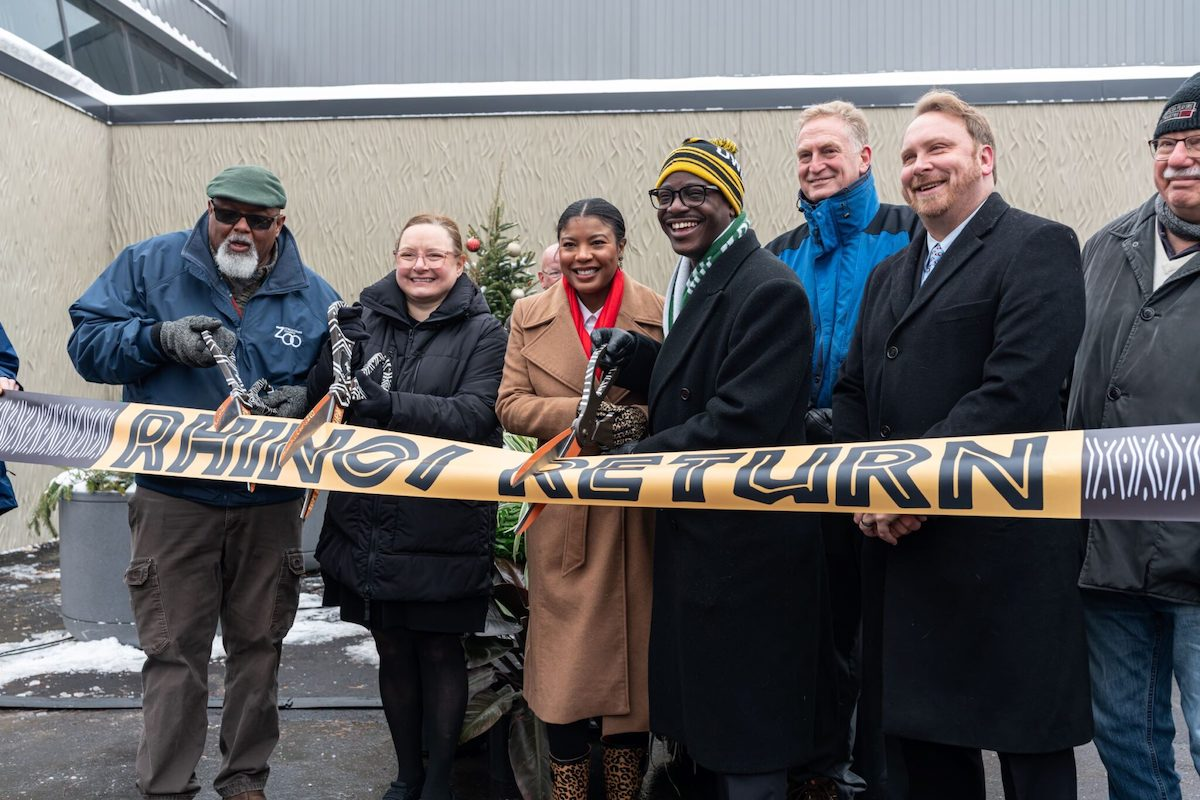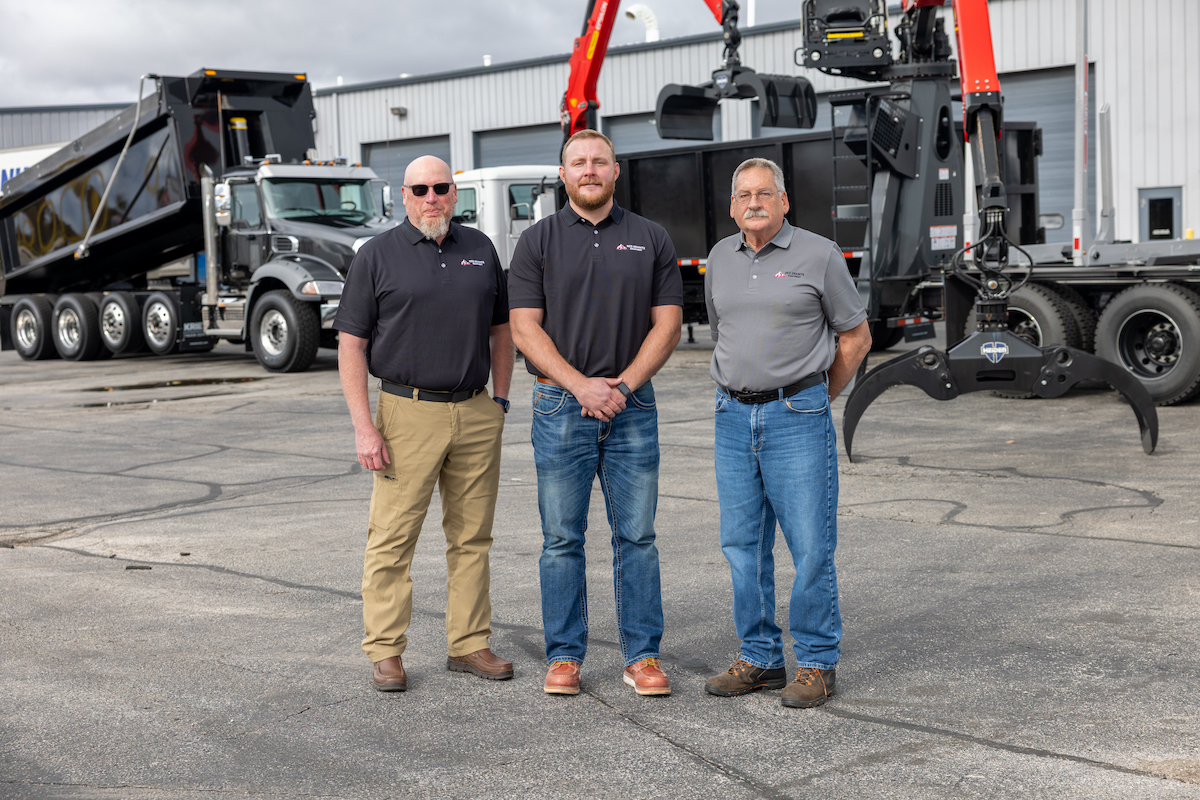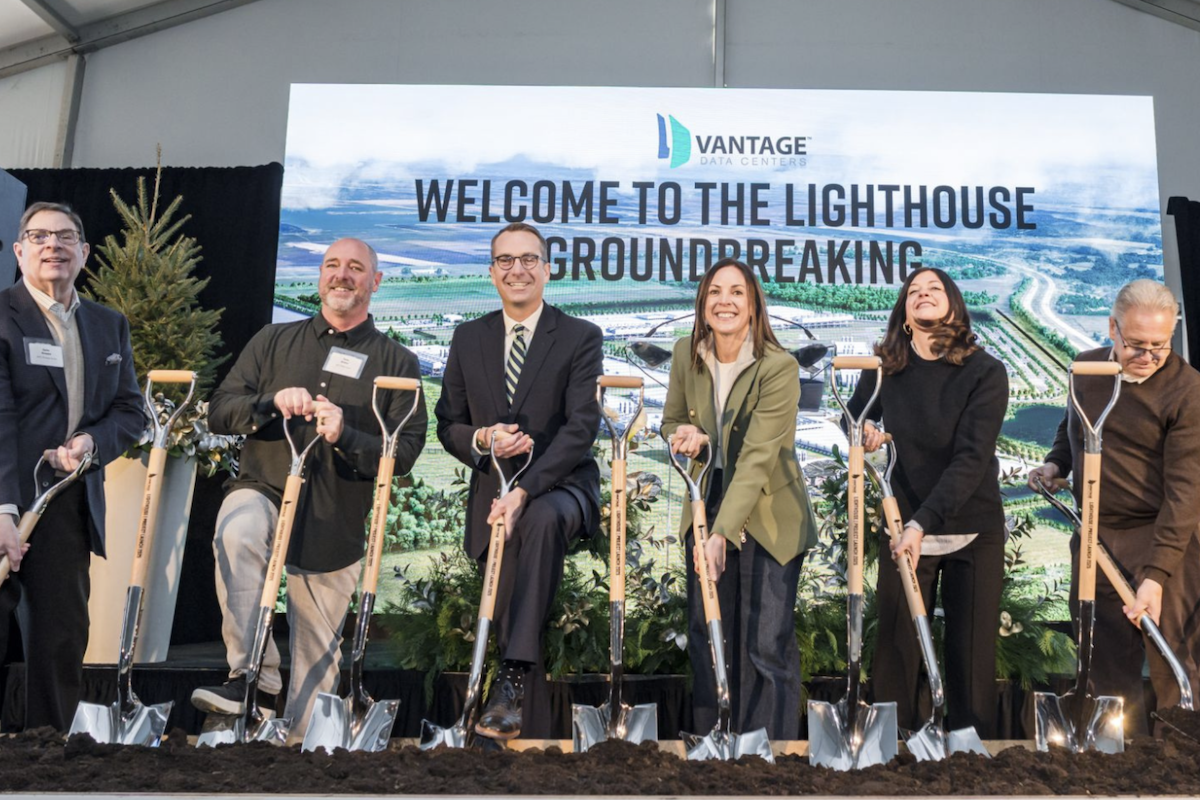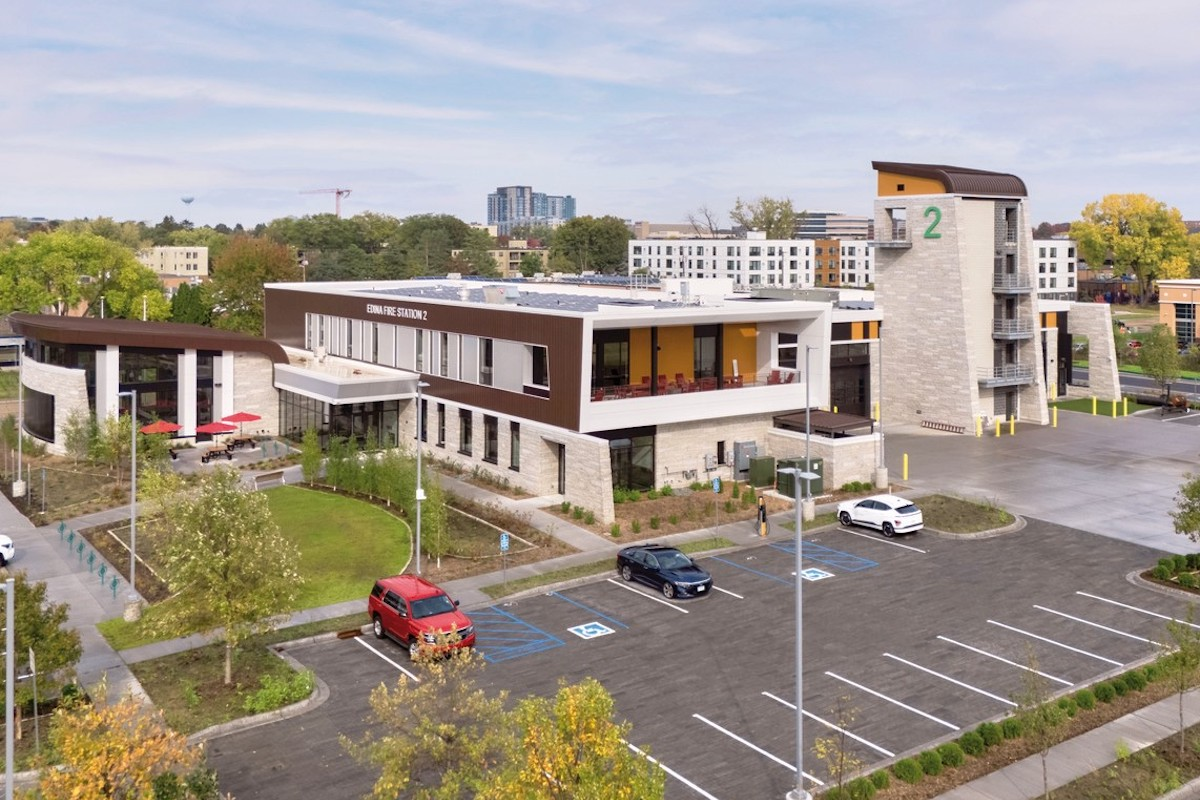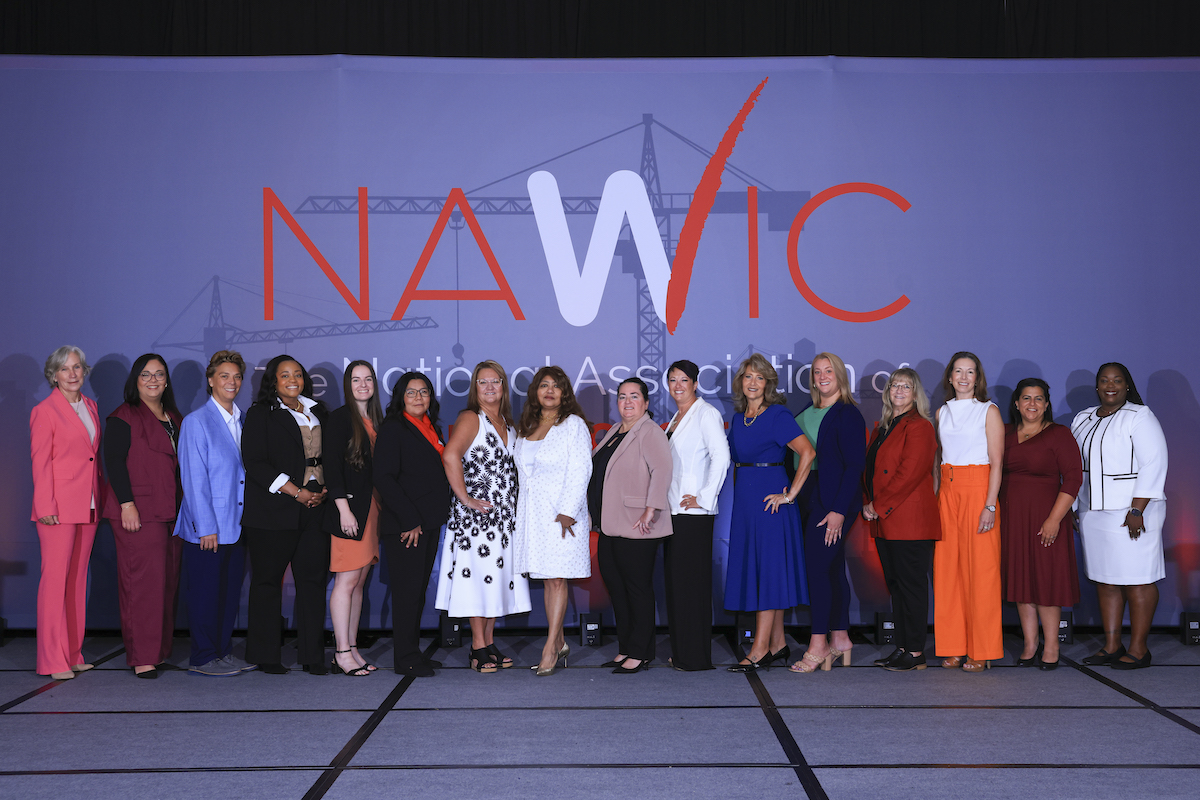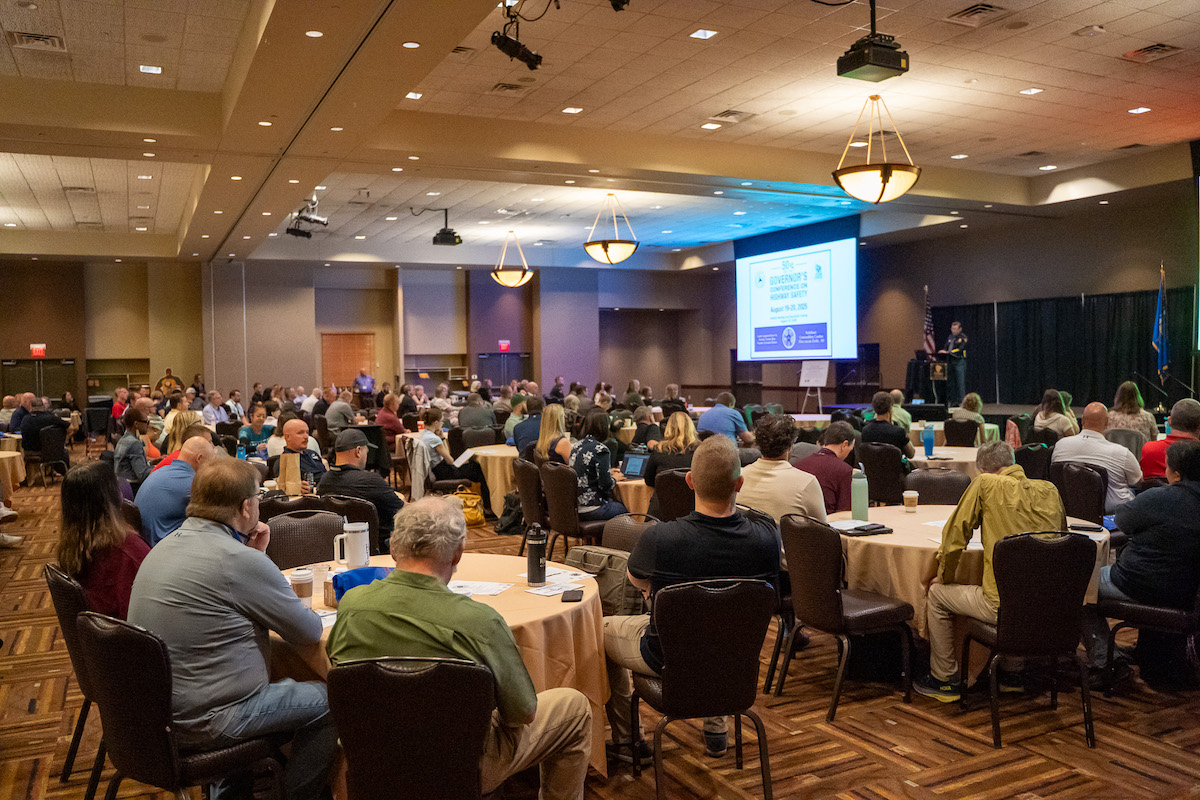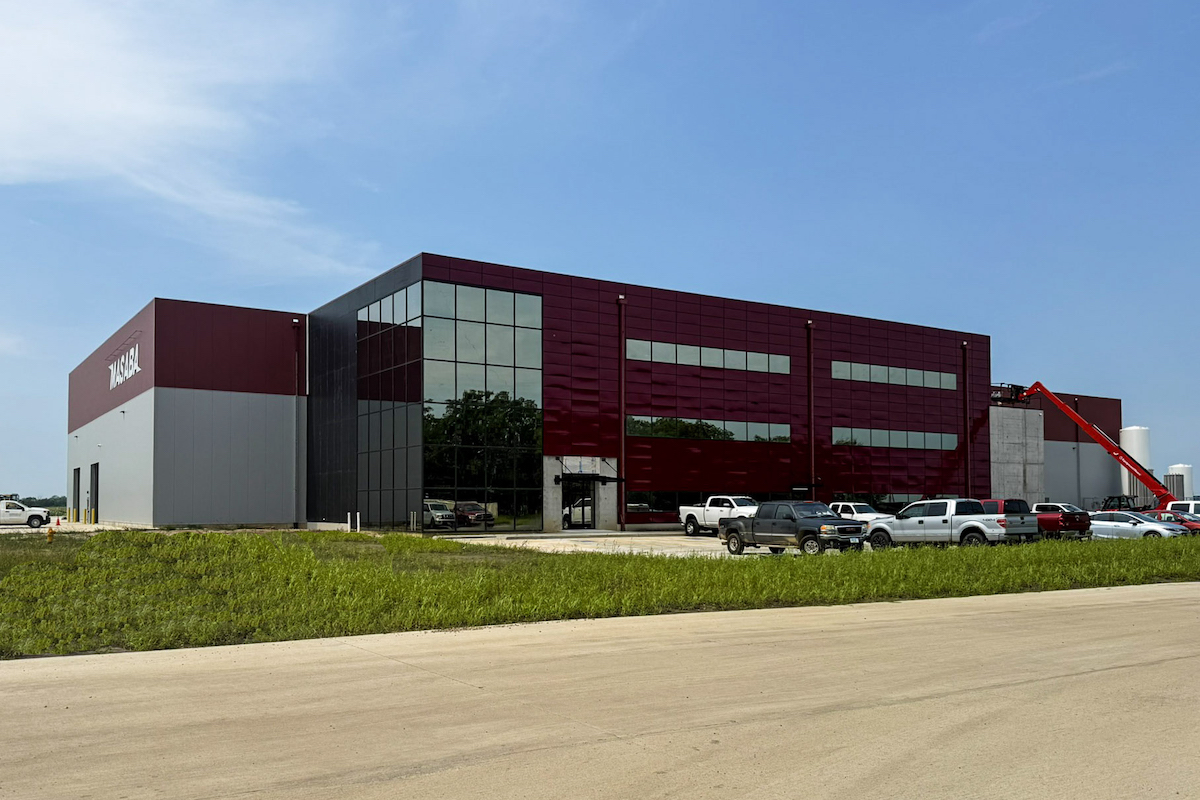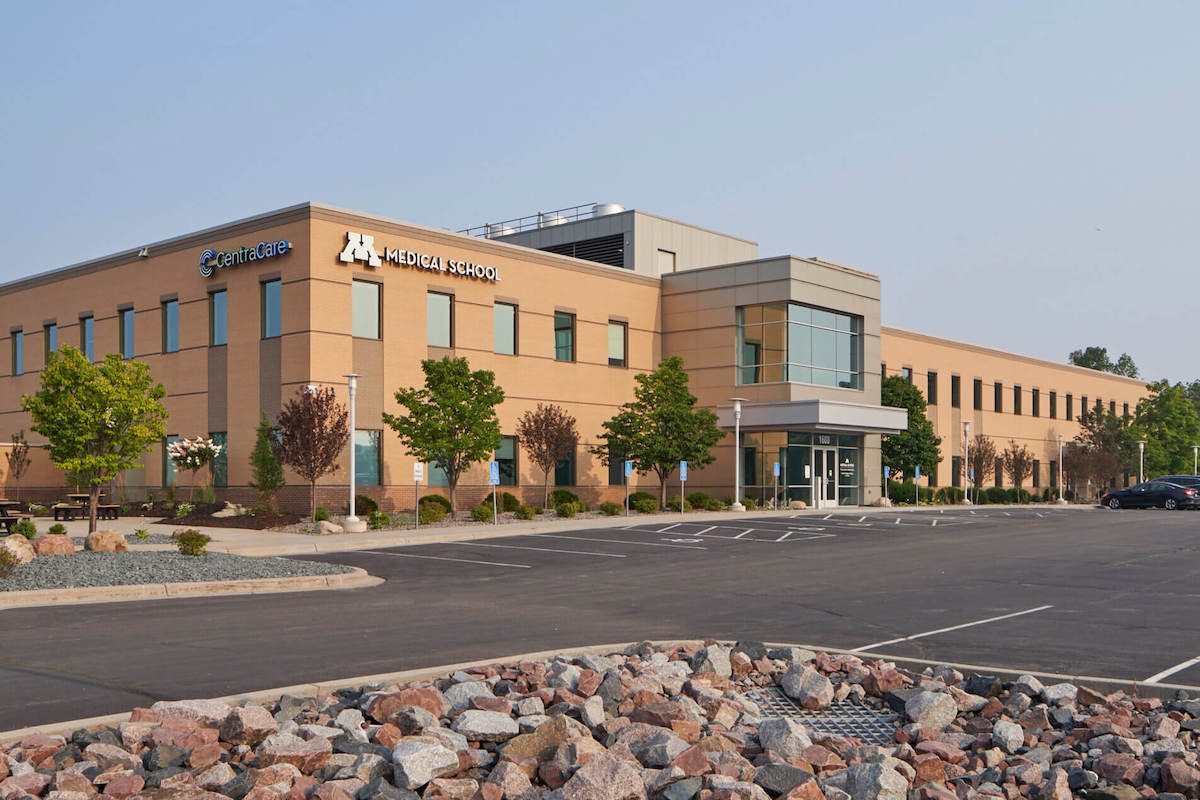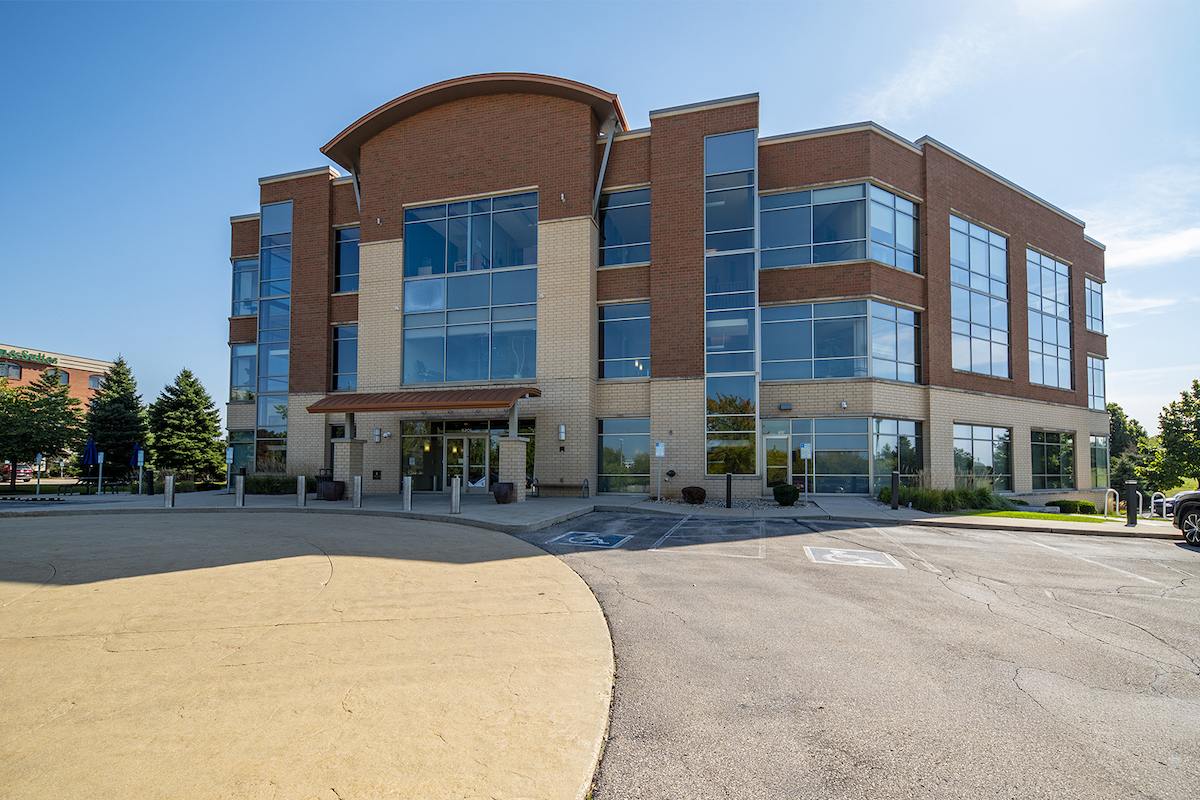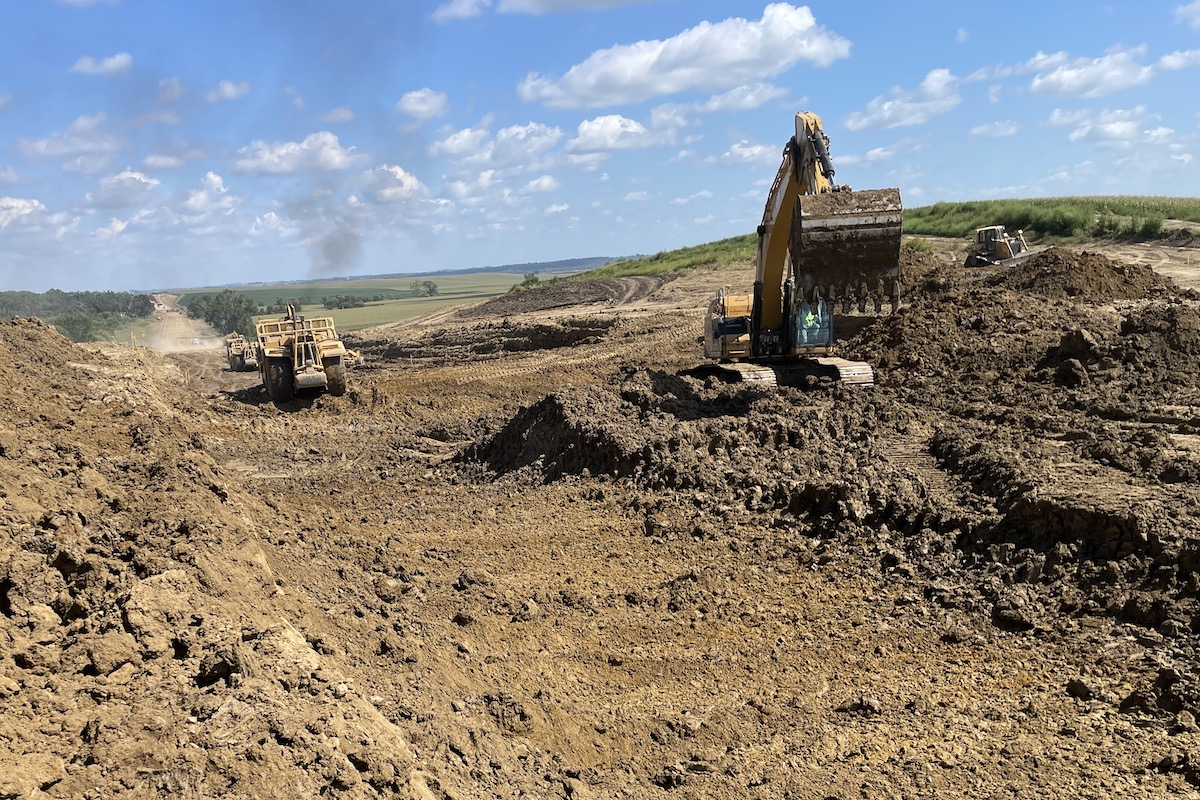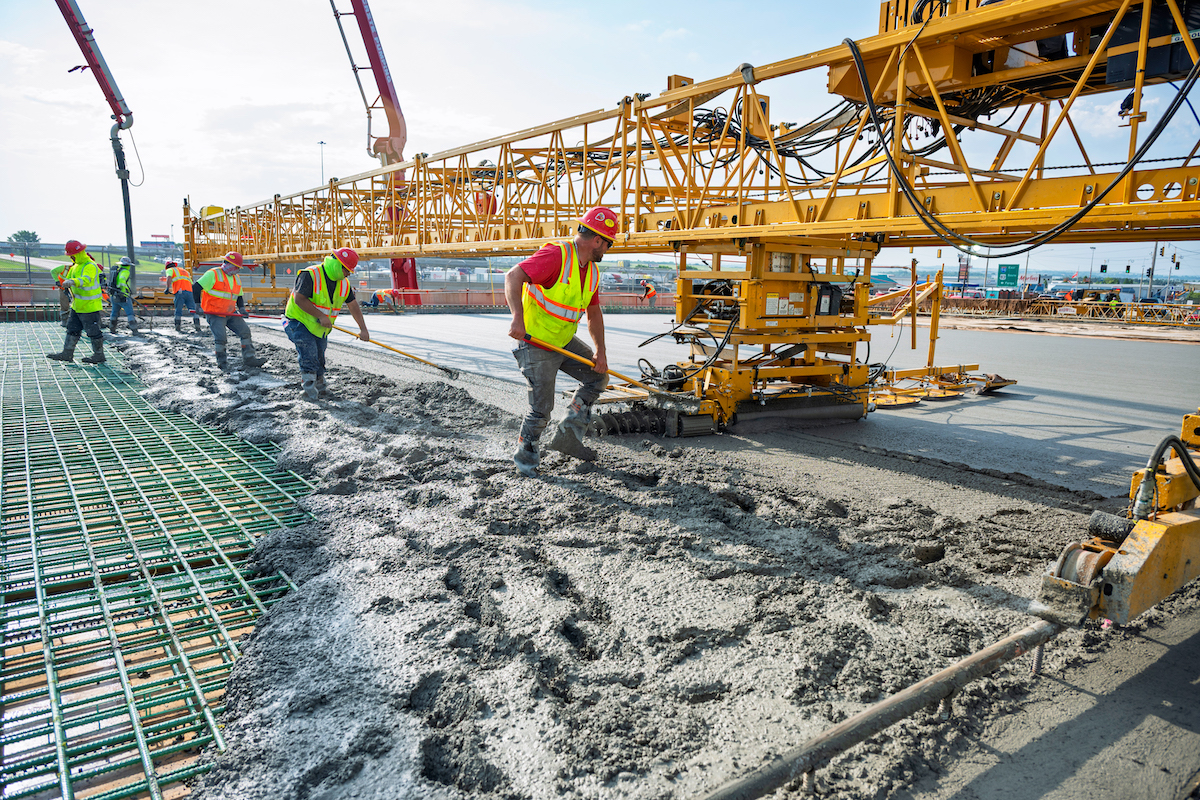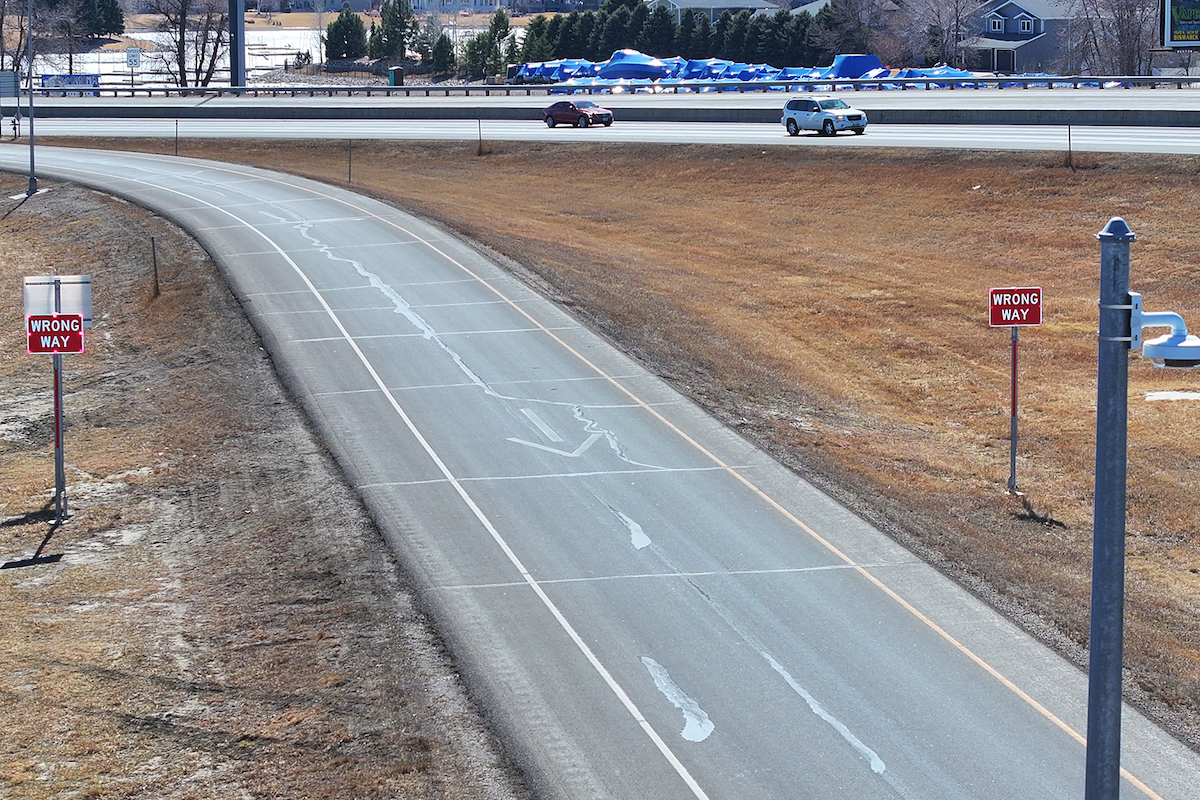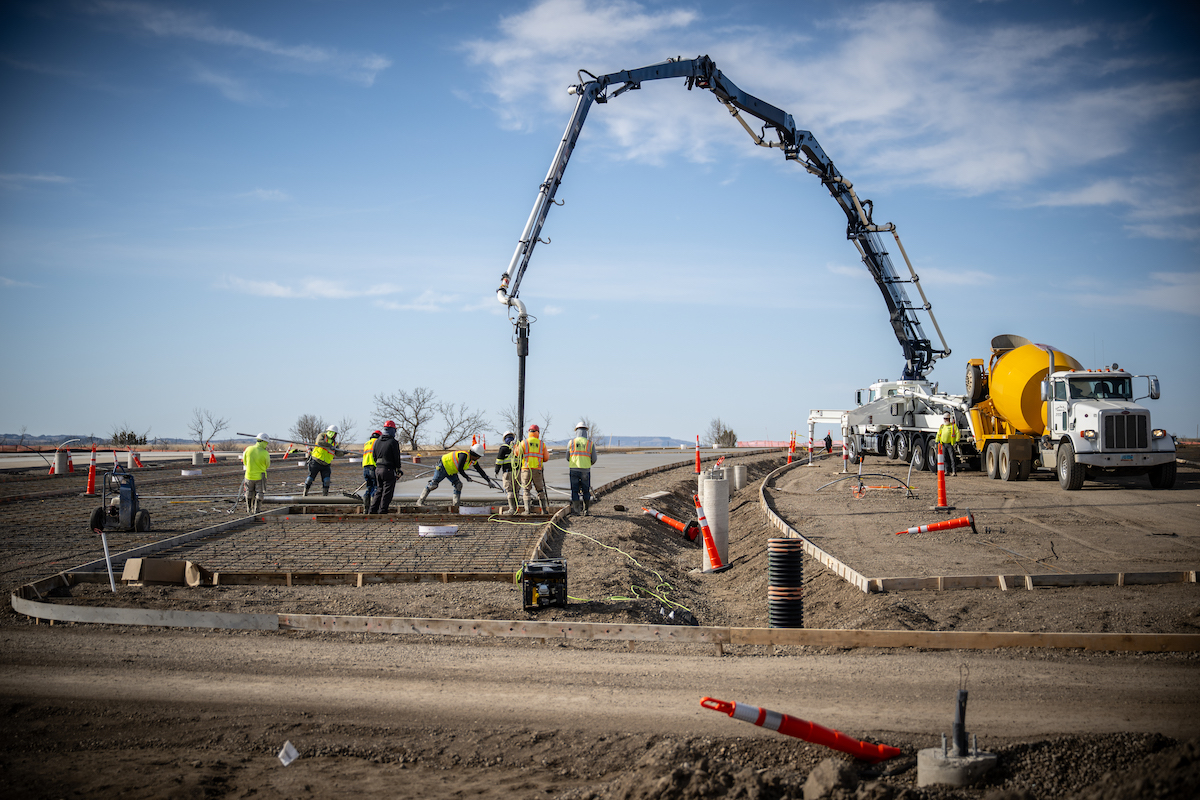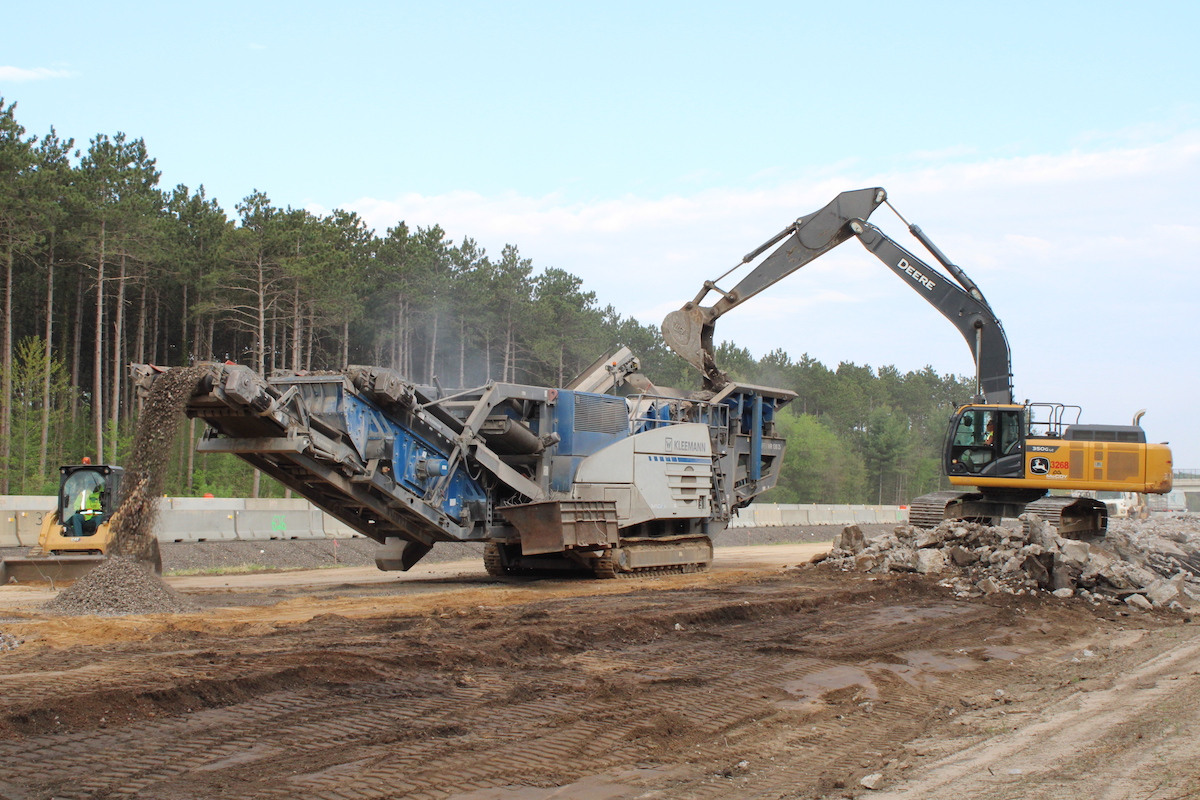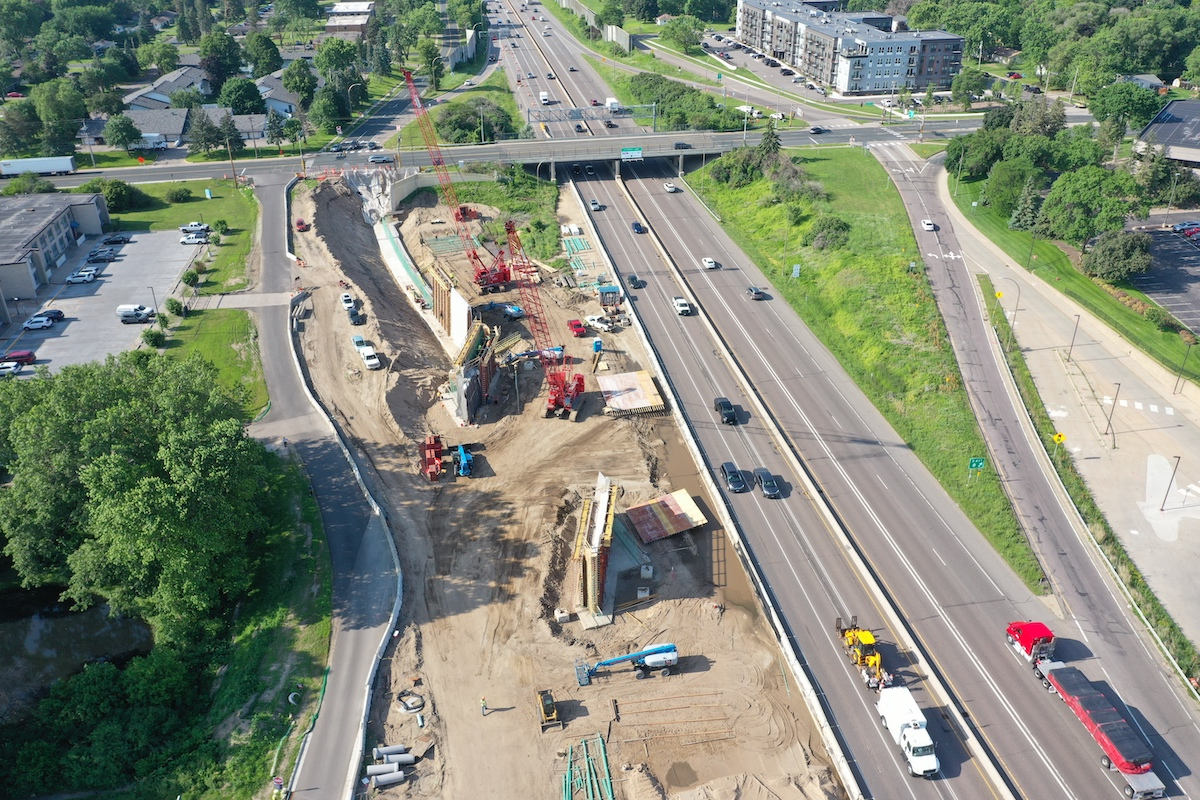The St. Cloud metro area, located in central Minnesota, has a population of over 200,000 and spans three counties along the Mississippi River. Landwehr Construction and the Minnesota Department of Transportation (MnDOT) are close to completing a reconstruction project on the Highway 10 and 23 interchange, situated east of the river.
U.S. Highway 10 runs through central Minnesota in a north-south direction (primarily), while Highway 23 is a state highway that runs from the southwestern part of the state to the northeastern section.
The interchange in St. Cloud experiences significant traffic. The average daily traffic on northbound Highway 23 was over 26,000 in 2021 (slightly higher southbound), and it is projected to reach 31,500 in 2043 (34,300 southbound). Approximately 10 percent is freight. The average daily traffic on westbound Highway 10 was just below 29,000 in 2021 (a bit less eastbound) and is projected to reach 31,500 in 2043. Less than 10 percent is freight traffic.
Today, the interchange regularly experiences bottlenecks, due to traffic buildups. Hence, the goal of this project is to improve traffic flow and access at the interchange. The scope of the project includes multiple steps designed to do just that. They include:
- Rebuilding the Highway 23 bridges over Highway 10
- Reconfiguring on- and off-ramps to improve motorist traffic flow and safety (All ramps are on the south side of the bridge)
- Improving/updating pedestrian access on both highways
- Providing safer pedestrian and bicyclist crossing options
- Reconstructing both directions of Highway 10 and Highway 23, including turn lanes, shoulders, and entrances
- Updating signal systems
- Resurfacing Highway 23 and Highway 10 at the interchange area
- Replacing and/or repairing underground infrastructure
- Constructing a noise wall along the south side of Highway 23

| Your local Link Belt dealer |
|---|
| Hayden-Murphy Equipment Co |
Two Highway 23 bridges (built in 1957) are being updated and reconstructed over Highway 10, and the project is also adding a new City of St. Cloud bridge (Fourth Street). The new bridge will span Highway 10 and connect to the east and west Highway 10 frontage roads.
The new City of St. Cloud Fourth Street connection bridge has wide sidewalks, bike lanes, and one lane each way for drivers. Future bus routes will also be able to use the bridge. Safety, mobility, and growth are all addressed with this project.
The team is adjusting the configuration of the on- and off-ramps to move from a cloverleaf interchange to stoplights. The cloverleaf interchange had no signals with eight access ramps/conflict points. Side swipe crashes occurred due to the cloverleaf design. The new interchange will be safer, with less access conflict points.
Highway 23 is stop-and-go with signals continuing along the corridor through St. Cloud/Waite Park, more of a local road purpose. U.S. Highway 10, which has higher traffic volumes, is used primarily by drivers going through the area and continuing south or north. It also has higher traffic volumes. Highway 10 has recreational peaks on summer weekends when those from the Twin Cities go north to the cabin on Fridays and go south back home on Sundays.

| Your local Trimble Construction Division dealer |
|---|
| SITECH Dakotas c/o Butler Machinery |
| Fabick CAT/WI |
The Highway 10 and 23 interchange is a crucial thoroughfare in east St. Cloud, and many drivers count on it. Therefore, the state is determined to allow traffic to flow on the interchange as close to normal as possible and minimize the disturbance to commuters while under construction. This translates into detailed instructions on when lane closures are permissible.
To comply with the instructions and maintain the construction schedule, general contractor Landwehr Construction has had to devise a plan that includes multiple stages. Some of the stages have required night work, including noise wall construction, deck work, and a concrete pour.
The team was also permitted to have short-term lane closures depending on the direction and traffic flow.
Working under a tight schedule, the team had to complete one of the stages during a 35-day period. It included utility removal, gravel, grading, curb and gutter, and signal system.

| Your local Volvo Construction Equipment dealer |
|---|
| Nuss Truck & Equipment |
“It was a critical intersection that we had to be very precise about to meet the time constraints in the contract,” said Derek Burggraff, Senior Estimator and Project Manager with Landwehr Construction.
The team was required to have it ready for traffic in a short window. One hiccup would have thrown everything off, but they met the tight schedule and even finished early. Burggraff attributes this to a few factors.
“We worked well with the subs and were in regular communication with them and other key players,” he said. Therefore, they were able to pour the concrete early, so it had sufficient time to cure. It also required a bit of luck. There is not much a team can do if the weather decides not to cooperate.
Another challenge came with the new bridge. The team had to dig down 10-plus feet as part of the installation. During the dig, they discovered utilities that had to be rerouted and rocky soils. They had to use a bigger pipe than they anticipated in the plan to remove the rocks from the soil.

| Your local Komatsu America Corp dealer |
|---|
| Road Machinery and Supplies Company |
Finally, Burggraff noted that the construction season has experienced more rain than normal. “We are determined to keep the project going to maintain the schedule, and we dry it out as quickly as possible and keep going as soon as possible,” he said.
Landwehr Construction is a fifth-generation contractor that was founded in 1895. They have three locations, including one in St. Cloud. The firm bills itself as a one-stop contractor and prides itself on its large inventory of equipment, which empowers it to efficiently serve its customers and tackle projects, regardless of scale or complexity.
The firm has done numerous projects in the area, and MnDOT is a regular customer of theirs. “We’ve done a few projects similar to this one for MnDOT and work with them on multiple projects a year,” Burggraff said.
“Landwehr is a local construction company in St. Cloud,” said Rob Abfalter, MnDOT Construction Project Manager. “So, it’s nice to see a hometown company awarded and be part of this project.”

| Your local Gomaco dealer |
|---|
| Hayden-Murphy Equipment Co |
Beyond location and relationship, Landwehr Construction has experience with phasing and works on projects that include complicated phasing of traffic.
Landwehr has assembled a team that includes Minger Construction Co. Inc., which used pipe-bursting equipment to install city utilities. According to Kimley-Horn’s website, “Pipe bursting is a trenchless technology method that allows contractors to replace existing sanitary sewer or water lines by pulling a specialized bursting head through the old pipe. As the bursting head splits and expands the old pipe, the new pipe follows and takes its place. This technique is an efficient way to replace a damaged, aging, or undersized sewer or water line, saving time and resources and causing minimal disruption.”
The team is also using stringless concrete paving. The project uses GPS coordinates to position the concrete paver machine and the concrete depth. “Stringless concrete paving assists with safety and saves time,” Abfalter said. “Normally survey crews would need to go out and stake the area/string, which is less precise and more time consuming.”
The project is currently on schedule. Burggraff attributes this to key factors that are essential for keeping any project on track. “It comes down to the scheduling, timing with the subs, and making sure all aspects are done in the right sequence,” he said. These ingredients, along with good communication, decent weather, minimal change orders, and a dash of luck, allow a project to stay on schedule.

| Your local Link Belt dealer |
|---|
| Hayden-Murphy Equipment Co |
Construction on the project began in spring 2023, and the interchange is expected to open in early November 2024. However, crews will return in spring 2025 to complete any final punch list items.
“When open to travelers in early November 2024, the Highway 10 and 23 interchange project will provide a smoother road surface, improve motorist and pedestrian safety, and access throughout,” Abfalter said. “It will also improve storm drainage, reduce congestion, and improve traffic flow, especially along Highway 10. This is a long-term, 60-plus year investment in our infrastructure.”
- Owner: Minnesota Department of Transportation (MnDOT)
- General Contractor: Landwehr Construction, St. Cloud, Minnesota
- Designers: MnDOT District 3, St. Cloud, Minnesota; SRF Consulting Group, Inc., Minneapolis, Minnesota
- Key Contacts: City of St. Cloud and Benton County
- Key Contractors: Michels Road & Stone, Redstone Construction, All State Traffic, Restoration & Construction Services, Design Electric, H & R Construction Co., PCI Roads, Neaton Brothers Erosion

















